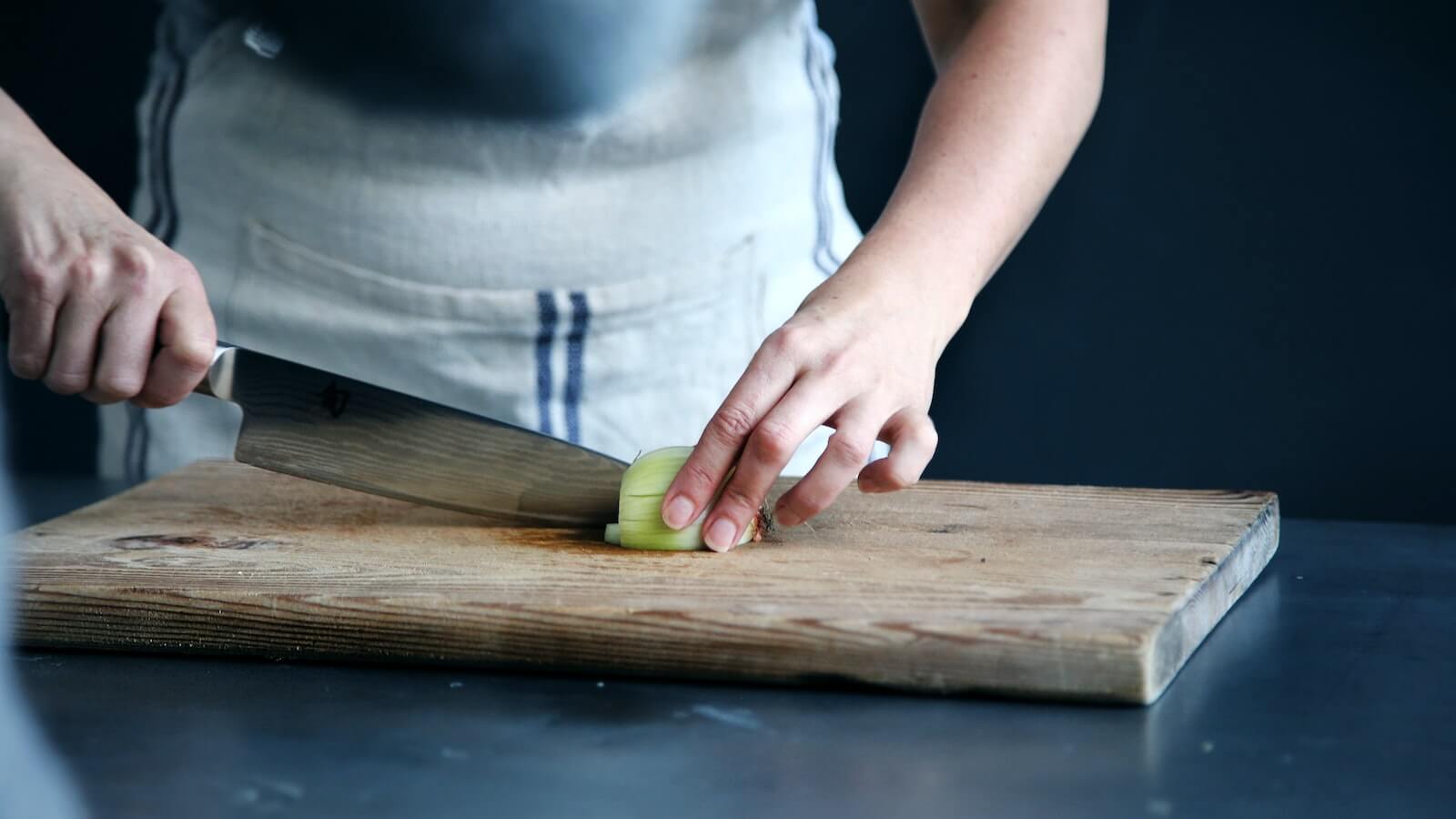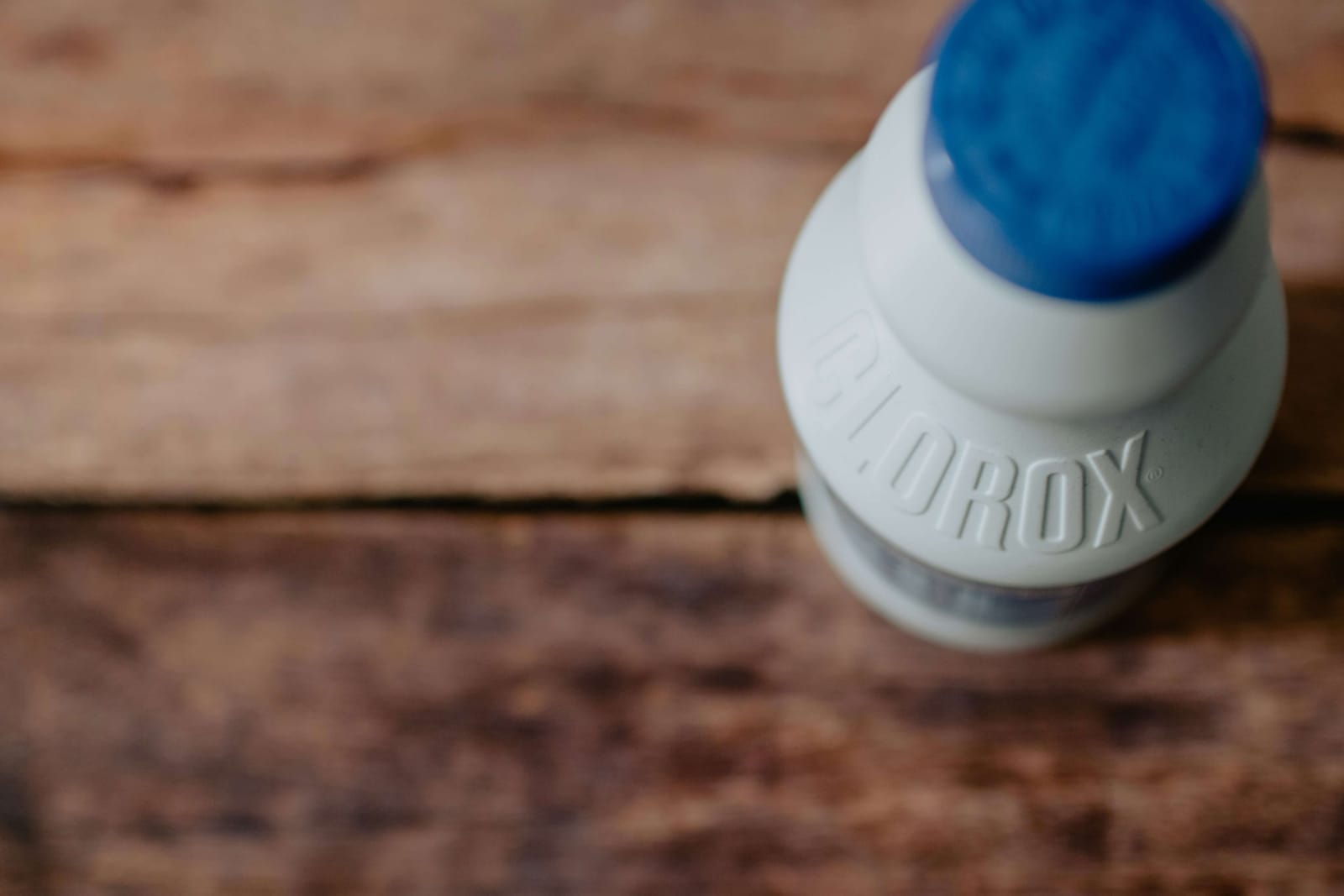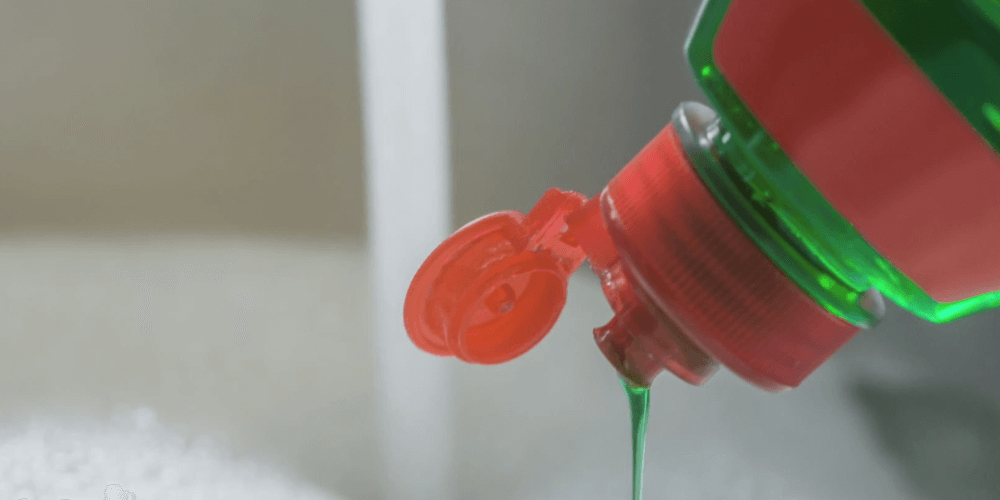When it comes to chef knives, the material plays a pivotal role in determining their performance, durability, and aesthetics. Two of the most sought-after materials in the culinary world are Damascus steel and stainless steel.
But which one stands out? Let's delve into a detailed comparison.
In This Article:
- Composition
- Durability and Sharpness
- Aesthetics
- Maintenance
- Cost
- Frequently Asked Questions
- Conclusion
- Further Reading
Composition
Damascus Steel:
- Intricate Composition: Combination of several types of steel forged together.
- Multiple Layers: Can number in the hundreds or thousands, each contributing to the knife's strength.
- Distinctive Patterns: Resemble flowing water or tree rings, adding aesthetic appeal.
- Strength and Resilience: Each layer enhances the overall resilience of the knife.
Stainless Steel:
- Alloy Composition: Primarily composed of iron, carbon, and at least 10.5% chromium.
- Corrosion Resistance: Chromium forms a passive oxide film preventing rusting.
- Enhanced Properties: The presence of elements like nickel or molybdenum boosts its characteristics.
- Popular Choice: Favored in many professional kitchens due to its durability and resistance.
Durability and Sharpness
Damascus Chef Knives:
- Edge Retention: Remains sharp for longer periods due to the forging process.
- Balance: Intricate layering provides a balance between hardness and flexibility.
- Less Frequent Sharpening: The blade's design ensures it remains sharp for extended periods.
- Reduced Chipping: The combination of steels ensures the knife doesn't chip easily.
Stainless Steel Knives:
- Rust and Stain Resistance: Ideal for humid environments or tasks involving acidic foods.
- Sharpening: Might dull faster but are relatively easy to sharpen.
- Uniform Composition: Less prone to chipping or breaking, especially during heavy-duty tasks.
- Durability: Resistant to breaking or chipping, even when dropped.
Aesthetics
Damascus Knives:
- Unique Patterns: Each knife showcases a distinct pattern due to the layering process.
- Artistic Appeal: Patterns can resemble landscapes, flowing water, or other natural elements.
- Handcrafted Beauty: Many Damascus knives are hand-forged, adding to their uniqueness.
Stainless Steel Knives:
- Sleek Design: Smooth, polished surface with a modern appeal.
- Uniform Appearance: Lacks the patterns of Damascus but offers a consistent look.
- Contemporary Feel: Ideal for modern kitchen aesthetics and design.
Maintenance
Damascus Knives:
- Regular Oiling: Essential to prevent rust and maintain the blade's appearance.
- Avoid Prolonged Wetness: Shouldn't be left wet for extended periods.
- Hand Wash Recommended: To maintain the blade's integrity and patterns.
Stainless Steel Knives:
- Rust-Resistant: Less prone to rusting compared to Damascus.
- Easy Cleaning: Can often be cleaned in a dishwasher, though hand washing is recommended.
- Low Maintenance: Requires less frequent care, but regular sharpening is still essential.
Cost
Damascus Chef Knives:
- Higher Price Point: Reflects the craftsmanship and detailed forging process.
- Long-Term Investment: While pricier, they offer longevity and unique aesthetics.
- Artisanal Value: Many are handcrafted, adding to their value.
Stainless Steel Knives:
- Budget-Friendly: More accessible price points for many consumers.
- Durable: Offers good longevity, especially with proper care.
- Widespread Availability: Found in most kitchen stores and online platforms.
Frequently Asked Questions
Why are Damascus knives more expensive?
Damascus knives involve a detailed forging process, and their unique patterns add to the cost.
How often should I sharpen my stainless steel knife?
Depending on usage, sharpening every 6-12 months is recommended.
Can Damascus knives rust?
Yes, if not properly maintained, they can show signs of rust.
Which knife is better for professional chefs?
Both have their merits. Damascus is preferred for its sharpness, while stainless steel is chosen for its durability.
Conclusion
Choosing between Damascus and stainless steel chef knives boils down to personal preference, budget, and maintenance willingness. While Damascus knives offer unparalleled aesthetics, stainless steel knives are a practical choice for everyday cooking.
Further Reading
- Layers of Damascus Chef Knives: Metallurgy Explained: Delve into the fascinating world of Damascus steel. Explore the intricate layering process and discover how the blend of metals contributes to the knife's unparalleled strength and flexibility.
- Delve into the history and craftsmanship of Damascus knives with Damas Knives' article "5 Interesting Facts about Damascus Knives." Discover captivating facts that shed light on the allure of these extraordinary blades.
- If you're in search of top-quality Damascus chef knives, don't miss our article on the best Damascus chef knives available in the market.



